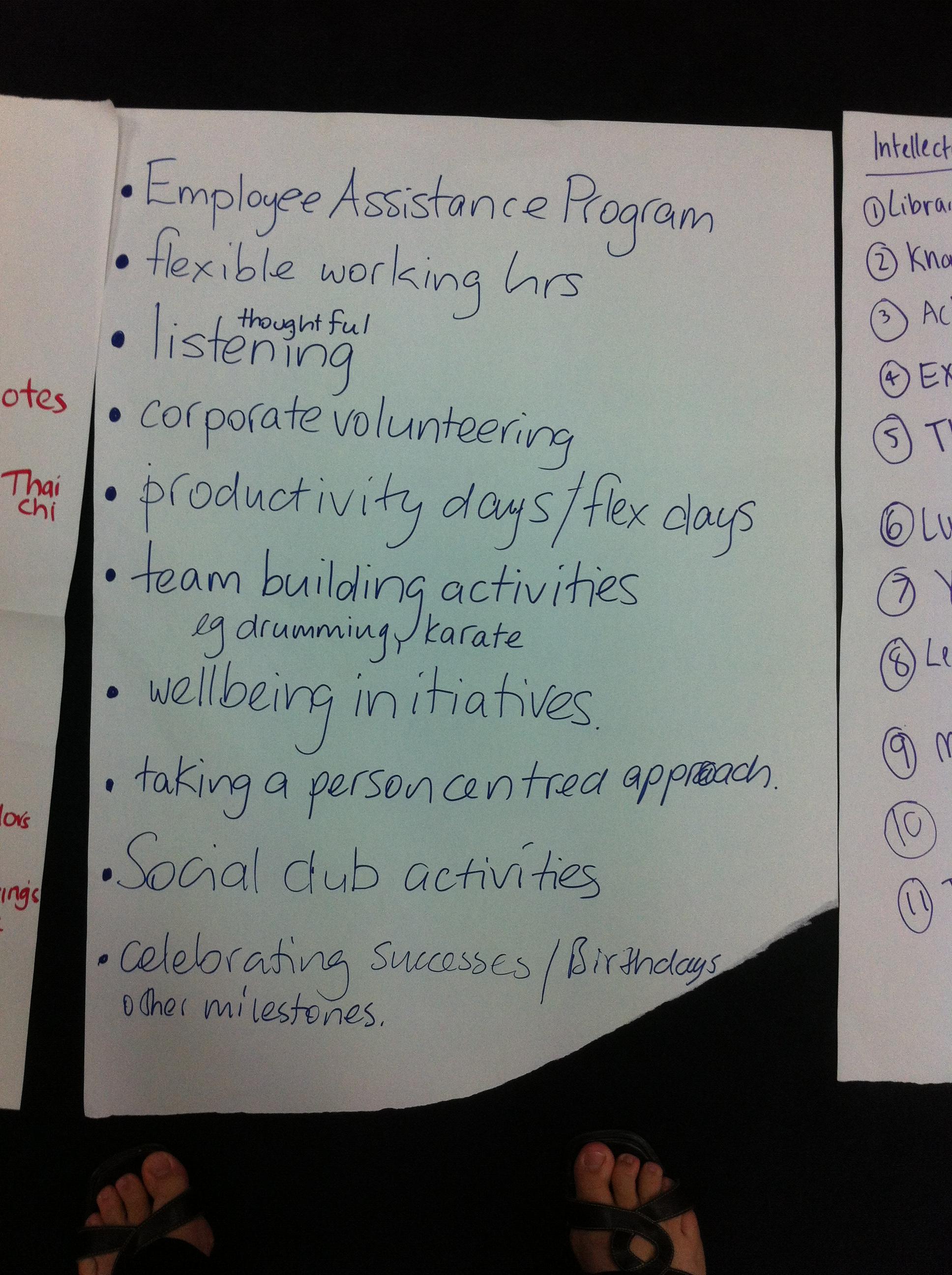In a world where the relentless pursuit of work-life balance through daily habits”>productivity often eclipses personal well-being, a critical question emerges: should we redefine success to prioritize mental health? As the tempo of modern life accelerates, the traditional metrics of achievement—marked by hours clocked and tasks completed—are increasingly at odds with the quiet needs of the mind. This article explores the delicate balance between ambition and tranquility, inviting a thoughtful reconsideration of what it truly means to succeed. By examining the intersection of mental health and productivity, we delve into the possibility of a paradigm shift that values inner peace as much as outward accomplishments.
Rethinking Achievement: Balancing Mental Well-being and Output
In today’s fast-paced world, the traditional notion of achievement often equates to relentless productivity and measurable outcomes. Yet, this narrow focus can overshadow the essential value of mental well-being. A growing movement suggests that success should be redefined to incorporate a healthier balance between mental health and output. By prioritizing emotional resilience, individuals can cultivate a sustainable path to achievement that doesn’t sacrifice personal well-being.
Consider these perspectives:
- Quality over Quantity: Emphasizing meaningful work rather than sheer volume can enhance both satisfaction and creativity.
- Self-Care as a Success Metric: Valuing rest and mental health days as integral components of success.
- Mindful Goal Setting: Creating objectives that align with personal values and well-being, rather than external pressures.
By integrating these approaches, we can foster an environment where individuals thrive holistically, redefining success not just as what we produce, but how we feel while producing it.

The Cultural Shift: Embracing Emotional Health in Success Metrics
In recent years, there has been a profound transformation in how we perceive success, driven by a growing awareness of the importance of emotional well-being. This cultural shift challenges the traditional narrative that equates success solely with productivity and financial achievement. Instead, a more holistic approach is emerging, one that values mental health as an integral component of success. This redefinition encourages us to consider how balanced emotional states can lead to more sustainable and fulfilling achievements.
- Work-life balance: Prioritizing time for personal growth and relationships alongside career goals.
- Resilience: Developing coping mechanisms and emotional intelligence as key skills.
- Authenticity: Encouraging environments where individuals can express their true selves without fear of judgment.
By embracing these values, businesses and individuals alike can foster environments where emotional health is seen not as a hindrance but as a catalyst for genuine success. This paradigm shift encourages us to create success metrics that honor the complexities of the human experience, recognizing that a thriving mind is the foundation of any meaningful achievement.

Strategies for Success: Integrating Self-Care into Daily Routines
Incorporating self-care into our daily routines is a transformative strategy that can redefine success by placing mental health at the forefront. Instead of viewing self-care as a luxury, consider it an essential part of your day. Here are some practical ways to seamlessly integrate self-care into your life:
- Mindful Mornings: Start your day with a few minutes of meditation or deep breathing exercises. This practice can ground you and set a positive tone for the day.
- Scheduled Breaks: Use short, regular intervals throughout your workday to stretch, hydrate, or simply step away from your screen. This not only boosts productivity but also refreshes your mind.
- Evening Rituals: Dedicate time before bed for activities that relax you, such as reading, journaling, or a warm bath. This helps to unwind and improve sleep quality.
By integrating these small yet impactful self-care habits, we can shift the focus from mere productivity to a more balanced and fulfilling definition of success. Embracing these strategies can lead to a healthier, more sustainable lifestyle where mental well-being is prioritized.

Future Trends: How Businesses Can Foster a Health-First Environment
As we move into a future that increasingly values holistic well-being, businesses are recognizing the importance of creating environments where mental health is prioritized alongside productivity. To foster a health-first environment, organizations can focus on several key areas:
- Flexible Work Arrangements: Offering remote work options or flexible hours can reduce stress and help employees balance personal and professional responsibilities.
- Mental Health Resources: Providing access to counseling services, mental health days, and wellness programs can encourage employees to take proactive steps in managing their mental health.
- Inclusive Culture: Cultivating a workplace culture that values diversity and inclusivity can make employees feel more comfortable and supported, reducing feelings of isolation and anxiety.
- Open Communication: Encouraging open dialogue about mental health and removing stigma can create a more supportive environment where employees feel safe to express their needs.
By embracing these trends, businesses can redefine success not just by output, but by the well-being and satisfaction of their teams, paving the way for a healthier, more sustainable future.




